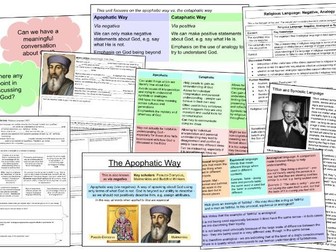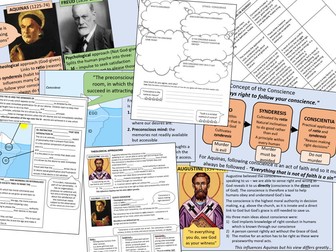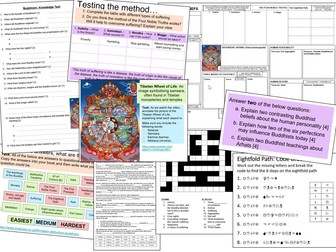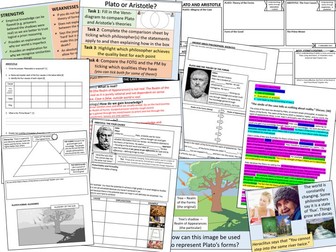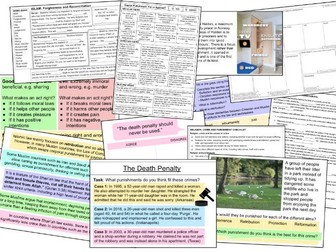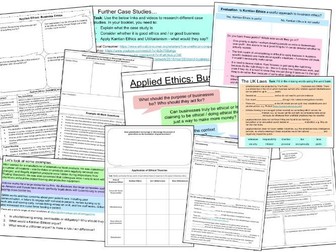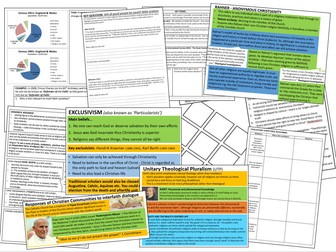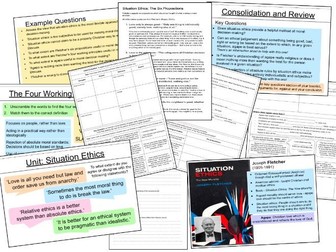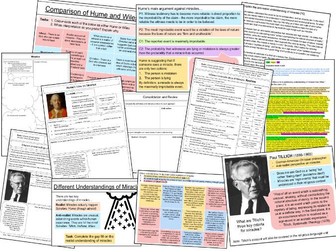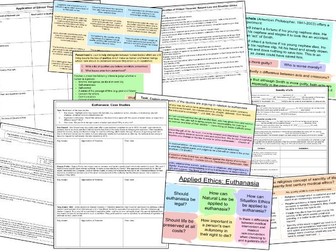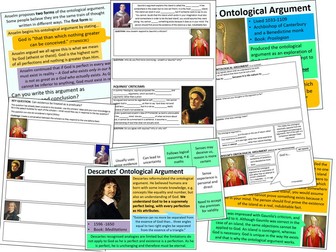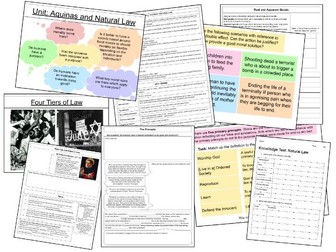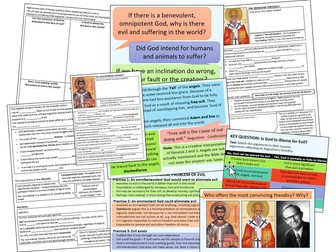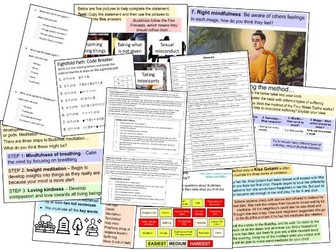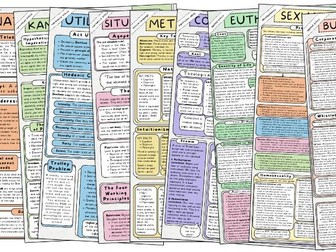Religious Studies GCSE Revision Maps
A bundle of fun, clearly laid-out revision maps to help condense a unit into memorable revision notes.
These revision maps are for Religious Studies GCSE. They are specifically made for WJEC/Eduqas but could also be used to support students in AQA and Edexcel.
They are best printed on A3 for students to fill in when revising set units.
This also includes one filled-in revision map which could be used as demonstrating or a starting point for completing the maps.
The topics included are:
Christianity (one for beliefs and one for practices)
Islam (one for beliefs and one for practices)
Good and Evil
Relationships
Human Rights
Life and Death
Please comment below to give me feedback on this resource, whether you found it helpful or not. Please also comment if there is anything you think I could do to improve this resource or any questions you may have.
Happy teaching!
